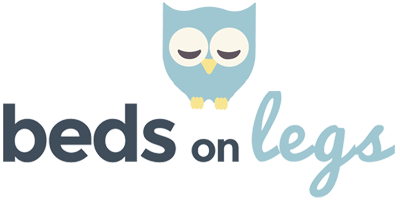Perfect transaction and communication from start to finish.
Love our new bed
This is a great bed frame with a beautiful, simply elegant look. The storage is fantastic. Slightly fiddly to put together however didn't take too long for 2 of us. The order process was easy with a phone call to arrange and confirm delivery. The delivery guys were fab, super personable and chatty. Would definitely buy from here again.
I'm disappointed that I can't give this mattress 5 out of 5. The quality is amazing and I feel like it is priced appropriately but the feel of the mattress is not as described in my opinion.
It is described as medium-firm and like "resting on a cloud of natural luxury". More like lying on a duvet on the floor - it's that hard! There needs to be some kind of industry-wide firmness test for mattresses because there are such differences when using these firmness terms.
I lasted two nights on this mattress before I could stand it no more. Now I will have to donate it to charity because it can't be returned. I guess that's the risk you take when buying online without trying. Such a shame Beds on Legs closed its showroom because I tried and bought a medium-firm mattress from them in 2018 and it was perfect.
So just be aware, this mattress is high-quality but if you're looking for the "medium" in this mattress, it's not for you.
So pleased with our headboard. It’s a lovely colour and exactly what we were hoping for. We were kept up to date with delivery arrangements. Very happy
I'm impressed with Beds on Legs divans and the ottoman bases are well finished and sturdy. Far superior to others I have seen





